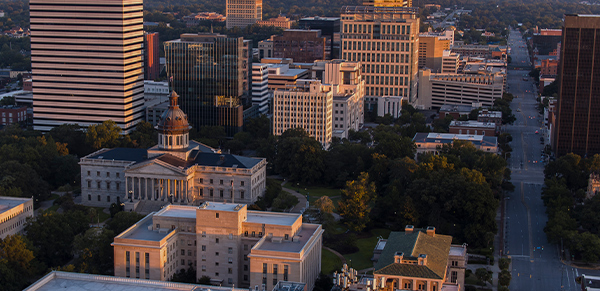June 14, 2024 | Criminal Law

“You have the right to remain silent…” Just about everybody’s heard it, at least on TV. Sometimes, however, it’s not so obvious whether the police are actually detaining you. But the difference matters.
‘Probable cause’ means that the officer has a reasonable basis for believing that you have committed a crime or are in the process of committing a crime.
‘Reasonable suspicion’ is a lower standard than probable cause. An officer has reasonable suspicion if specific facts and circumstances would lead a reasonable person to believe that criminal activity may have occurred or be occurring. An officer needs reasonable suspicion to briefly detain and question you.
You have a constitutional right to remain silent during police questioning. Exercise it, except to ask these questions.
The warrant requirement generally prevents the police from conducting a search or seizure without first obtaining a warrant based on probable cause. There are numerous exceptions to the warrant requirement.
It is crucial to understand your rights and the questions you should consider asking the police.
1. Am I Free to Leave?
If you are not free to leave, even temporarily, you are detained. The police need reasonable suspicion to detain you even for a few moments. If they lack that much, they cannot use your answers or anything their search uncovers as evidence against you.
If the police answer your question vaguely, then you might need to ask them directly, “Are you detaining me?” If they say no, then leave. If they forcibly stop you, then they lied-–they are indeed detaining you.
2. How Long Will You Detain Me?
If the police lack probable cause to arrest you, they can only detain you for a brief, ‘reasonable’ period. Note the officer’s answer (or non-answer) to your question, note the length of time they actually detain you and notify your lawyer later. Don’t argue with the officer. A detention that is not an arrest shouldn’t last longer than an hour.
3. Are You Arresting Me?
The difference between an arrest and a detention is that when the police arrest you, they detain you for much longer. They might handcuff you, and they will certainly book you. They might throw you in jail, and they might charge you with a crime. An arrest is an altogether more serious and intrusive matter than a mere detention.
If the police arrest you without probable cause, they have falsely arrested you. ’False arrest’ is a way you can fight back.
4. Why Are You Detaining Me?
It matters whether the police are detaining/arresting you for DUI or for vehicular manslaughter, for example. Do not answer any police questions, even if you are innocent. Simply ask the questions listed here but refuse to offer the police any information.
5. Do You Have a Warrant?
If the police attempt to search your person, your vehicle, your belongings, or your home, they need either a warrant or an exception to the warrant requirement (there are many of them). If the police cannot produce a warrant, then you should notify them that you refuse to consent to a search. If they search anyway, they will need to rely on an exception.
6. What are the Charges Against Me?
You have the right to know the charges against you when the police arrest you. Of course, there probably won’t be any charges incident to a mere detention. If an initial detention matures into an actual arrest, however, you have the right to know what those charges are.
Ask to Consult a Lawyer if You Are Detained
Once you ask for a lawyer, the police must generally stop questioning you. Just to make it clear, however, tell the police that you don’t want to answer any more questions until you have a lawyer. This is your constitutional right.
Regardless of whether you’re being investigated for a state crime or a federal crime, don’t wait until the police actually charge you. Consult with a Columbia criminal defense attorney at Jeffcoat Criminal Defense Lawyers. If the police are even investigating you, the time to find a lawyer is now. There is too much at stake and too many possible mistakes you might make for you to do otherwise. Contact us at (803) 200-2000.
Contact the Columbia Criminal Defense Attorneys at Jeffcoat Criminal Defense Lawyers Today For Help
For more information, please contact the Columbia criminal defense attorneys at Jeffcoat Criminal Defense Lawyers, for a consultation. We serve all areas in Columbia, Dentsville, Blythewood, Irmo, Cayce, Oak Grove, Lexington, Red Bank, Camden, Lugoff, and throughout South Carolina.
Visit our convenient location:
Jeffcoat Criminal Defense Lawyers – Columbia Office 1333 Main St Suite 512, Columbia, SC 29201 (803) 200-2000

